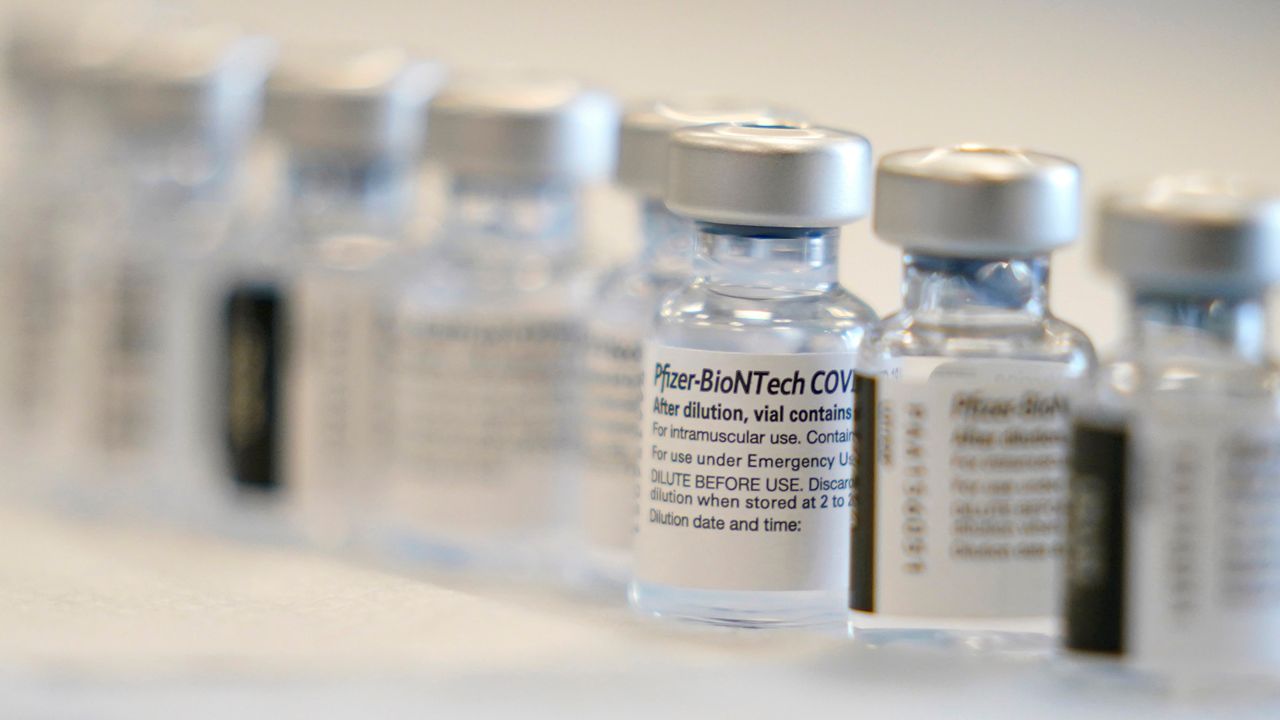A third dose of the Pfizer-BioNTech COVID-19 vaccine appears to offer significantly better protection against the highly contagious delta variant, Pfizer said Wednesday.
What You Need To Know
- A third dose of the Pfizer-BioNTech COVID-19 vaccine appears to offer significantly better protection against the highly contagious delta variant, Pfizer said Wednesday
- The company said data show that a third vaccine dose elicits antibody levels that are more than five times higher in people 18 to 55 years old and more than 11 times higher in people ages 65 to 85 when compared to two doses
- Pfizer says it’s in ongoing discussions with regulators and that it expects to formally apply for emergency use authorization for a third dose as early as August
- U.S. health officials say they have not yet determined whether or when booster shots will be needed
Ahead of its second-quarter earnings call, the company said newly disclosed data show that a third vaccine dose elicits antibody levels that are more than five times higher in people 18 to 55 years old and more than 11 times higher in people ages 65 to 85 when compared to two doses.
Pfizer estimates that an extra dose has the potential for up to a 100-fold increase in neutralization against the delta variant. The booster shots in the trial were given at least six months after the second doses.
The data have not yet been peer-reviewed or published. Pfizer and BioNTech expect to release more definitive data and share with it regulatory agencies in the coming weeks.
Pfizer announced earlier this month that it plans to seek emergency use authorization for a third dose from the Food and Drug Administration. U.S. health officials say they have not yet determined whether or when booster shots will be needed.
Pfizer says it’s in ongoing discussions with regulators and that it expects to formally apply for emergency approval as early as August.
The delta variant now accounts for more than 83% of new COVID-19 infections in the U.S. The combination of the variant and low vaccination rates have contributed to cases increasing five-fold over the past five weeks. As of Monday, the seven-day average for new cases was 56,816 — the highest they have been since late April.



